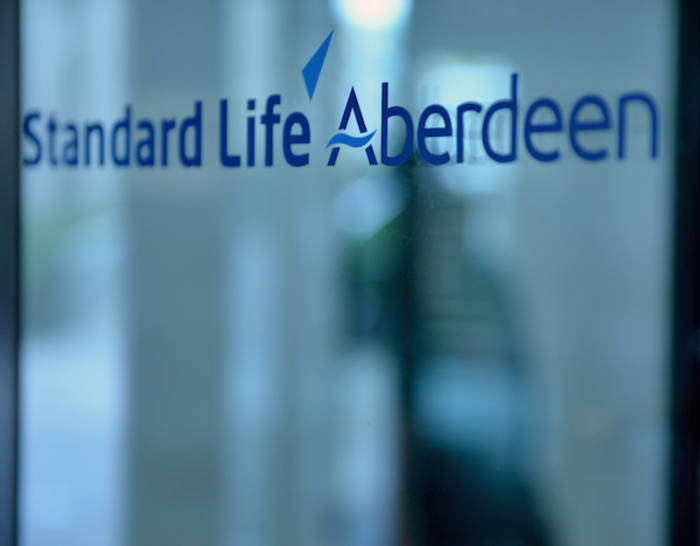
Investors pulled £1.1bn from the embattled Standard Life Global Absolute Return Strategy (GARS) in November, the second largest monthly withdrawals ever made from the fund, despite its stable performance.
Data from Morningstar showed investors withdrew £8.2bn from the fund in the year to the end of November and the mandate, which had £20.7bn of assets at its height in February 2018, was £4.9bn in size at the end of November.
The fund has sharply underperformed the IA Targeted Absolute Return sector over the past three and five years - over three years it has returned 3.4 per cent, compared with 5 per cent for the sector, while over five years it has returned 3.5 per cent, compared with over 8 per cent for the sector.
In the past 12 months however the fund has fared better returning 7.5 per cent compared with 4.5 per cent for the sector.
The performance over the past year corresponds with the appointment of former Schroders manager Aymeric Forest as lead manager on the Gars strategy in November 2018. He replaced Guy Stern, who retired.
But the travails of the Gars fund are mirrored by the wider sector, with the Invesco Global Targeted Returns fund, which is managed by a former Gars manager, losing £200m of assets in November.
Ben Yearsley, co-founder at investment consultancy Fairview Investments, said: “With Total Return funds it can be hard to pigeonhole why they do badly, what sort of market conditions help them, or hinder them.
"They should be able to invest in all market conditions. But maybe the link is size, these funds do less well when they become very big.
"The recent outflows mean the Gars fund is probably the smallest it has been for a decade and it has performed better, I think this has happened with total return funds far too often for it to be a coincidence.”
A representative of Standard Life Aberdeen said: “Gars has shown clear evidence of an improvement in performance over the last 12 months and under the leadership of Aymeric Forest the team is working well together, strengthening the processes with improved accountability and idea generation that are central to generating return in the Gars portfolio.
"Existing clients noted this improvement has persisted and have started to increase their investments. It will naturally take longer for those not currently invested to be aware of these improvements and to be attracted to the fund."
It added: “Importantly a good way of considering Gars is as a core long term investment that has the inherent flexibility to be able to perform over the whole market cycle, rather than being reliant on growth-assets doing well.
"As such it is materially less volatile than assets such as equities, and while this means it may underperform them in periods of strong growth, we believe it will deliver similar overall levels of return, long-term, by generating more stable returns over the cycle.
"As investors now face more elevated levels of uncertainty relating to slowing global growth, manufacturing recession & trade conflicts we expect those with an eye to the future to seek highly diversified portfolios like Gars.”





